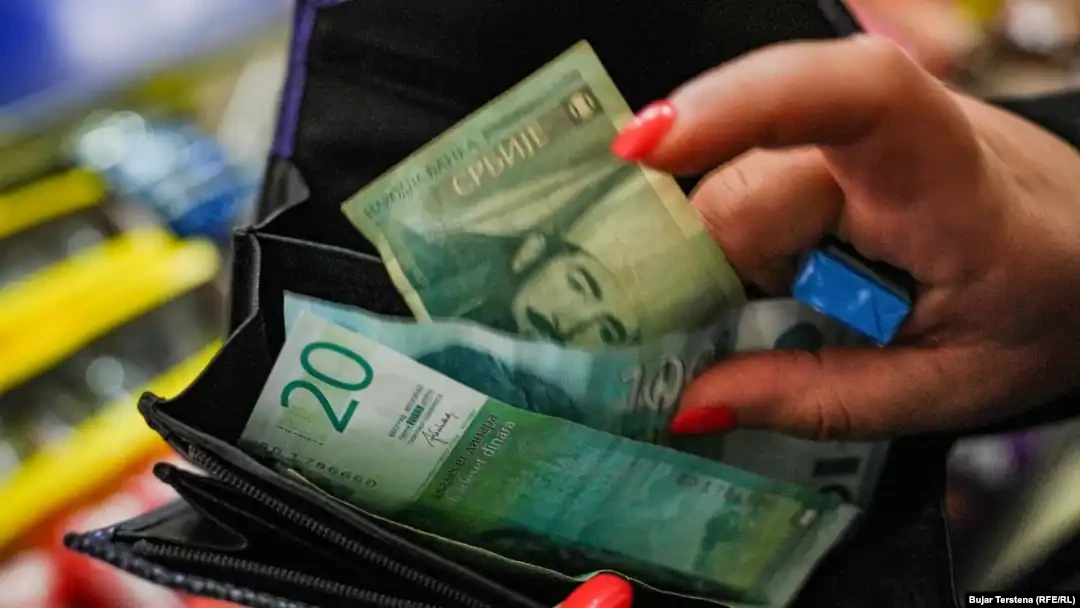Kosovo shuts Serbian bank branches in troubled north

Stay tuned with 24 News HD Android App

Kosovar police said they had closed six branches of a Serbian bank in the country's troubled north on Monday, nearly four months after Pristina banned transactions in Serbian dinars.
Serbia, which spends the equivalent of tens of millions of dollars yearly to finance Kosovo's Serb minority, immediately slammed the move and accused Pristina of "terrorising" ethnic Serbs.
Since February 1, transactions in dinars that Pristina tolerated in areas populated by ethnic Serbs were banned and the euro was imposed as the sole legal currency, making it difficult for Kosovo Serbs to receive salaries or aid from the Serbian state.
Thousands of residents, students, employees, and retirees rely on the payments, and they must now cross the border to collect them.
On Monday, Kosovar police said they closed six branches of the Serbian-licenced Postal Savings Bank because they were operating "illegally".
It said the purpose of the operation was "to establish order and legality" and was carried out "without any problem or incident" upon the order of the state prosecutor.
Police also removed the Serbian finance ministry's sign figuring above the main entrance of the six offices.
Members of both the NATO-led peacekeeping force KFOR and the European Union's rule-of-law mission EULEX were deployed in the northern Serb-populated part of the ethnically-divided town of Mitrovica, to observe the situation, according to an AFP correspondent.
'Illegal'
Meanwhile, Interior Minister Xhelal Svecla said the police closed six branches of the Postal Savings Bank, as an illegal financial institution of Serbia in Kosovo.
"The rule of law and order, service to all citizens without any distinction will continue to be our goal to which we have continuously pledged", he said on Facebook.
Belgrade spends about 120 million euros ($130 million) a year to finance a system of "parallel" institutions in Kosovo for the Serbian minority, providing public services but also ensuring the loyalty of Kosovo Serbs.
Serbian Interior Minister Ivica Dacic on Monday slammed the bank closures and said Kosovo Prime Minister Albin Kurti "continues with the terror against the Serbian people in Kosovo".
"If the international community does not come to its senses, all this leads to new conflicts in the Balkans with unforeseeable consequences," he said in a statement.
Pristina has argued that Belgrade's payments to ethnic Serbs are not banned but that they should be made in euros.
Kosovo adopted the euro as its currency in 2002, despite not being a formal member of the eurozone nor the European Union.
Kurti said the move was aimed at protecting "all citizens of every ethnic community from the threats of organised crime, arms trafficking and money laundering".
But, Serbian Prime Minister Milos Vucevic labelled the move a "new act of savagery that directly threatens the survival of the Serbian people in Kosovo".
Kosovo and Serbia have held seven rounds of talks over the currency issue, and they all failed, with each side blaming the other.
Kosovo declared independence from Serbia in 2008, a move that Belgrade still does not recognise.
Ethnic Albanians make up some 90 percent of Kosovo's population of 1.8 million people, but ethnic Serbs are in the majority in several northern municipalities.
